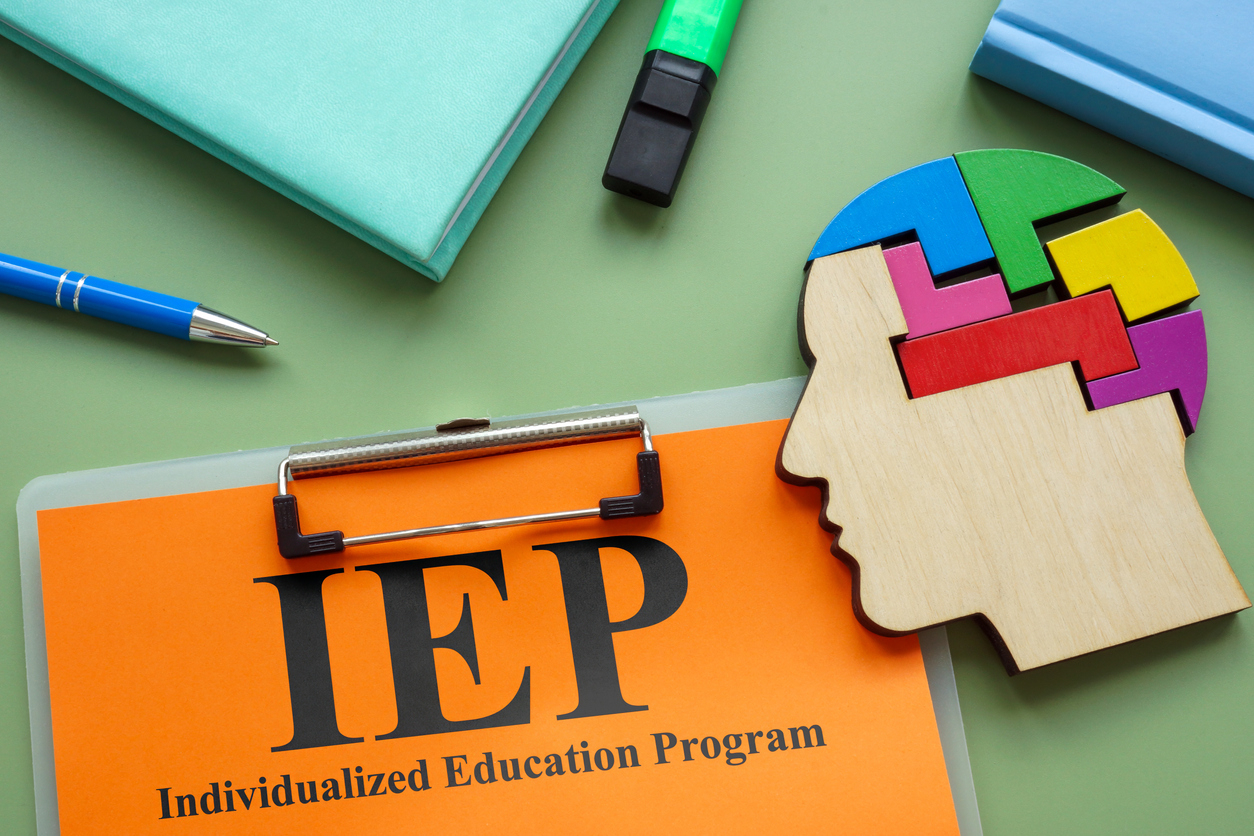A new law signed by Governor Murphy in July creates an Individualized Education Program (IEP) improvement working group and requires school districts to provide parents or guardians a written list of procedural requirements two business days prior to a student’s annual IEP meeting. Districts should take note of these changes to ensure timely compliance ahead of the 2026-2027 school year as this will impact how school districts prepare for and conduct annual IEP meetings.
Two-Business-Day Notice: Written Statement Required Before Annual IEP Meetings
Beginning with the 2026-2027 school year, districts must provide parents or guardians with the below required written information at least two business days before their child’s annual IEP meeting.
Districts must:
- Deliver written notice via regular mail, and also by email if the parent’s email address is on file.
- Written notice must include:
- A statement of items that will be discussed at the IEP meeting
- The student’s current academic and functional performance levels
- A list of any IEP team members who have requested to be excused from the meeting, along with their written input on the programs and services they oversee
- An invitation for the parent or guardian to provide feedback regarding the proposed programs and services
Practice tip: This written summary is in addition to other existing legal requirements, including but not limited to, meeting notice provisions, standard excusal consent for IEP team members who can’t attend the meeting, and provisions of evaluation reports to parents. Schools will need to ensure this new requirement is met separately and on time.
DOE to Convene IEP Improvement Working Group
The law also establishes an IEP Improvement Working Group within the New Jersey Department of Education (DOE). The purpose of this group is to study current IEP practices across the state, examine national models, and recommend potential improvements—particularly those that increase parental involvement.
The working group will include:
- Teachers, administrators, and board members
- Parents of students at every grade level receiving special education services
- Professionals with experience supporting students with disabilities, including underrepresented populations
- Members of child study teams (CST) and related services personnel
A final report with recommendations is expected within four months of the group’s organization. While this component does not impose direct obligations on districts at this time, it signals an ongoing policy focus on IEP consistency and family engagement statewide.
Action Items for School Districts
Districts should begin preparing now by:
- Reviewing and updating internal timelines to ensure compliance with the new two-day written notice requirement before annual IEP meetings next school year
- Developing or revising templates for the pre-meeting written summary statement
- Clarifying procedures for documenting and communicating team member excusals and input
- Training CST members on the new requirements
Additionally, districts may want to:
- Ensure email addresses for parents/guardians are up to date
- Coordinate with legal counsel to ensure all notice documents are aligned and do not conflict with federal Individuals with Disabilities Education Act (IDEA) mandates
Opportunity to Share Your Opinion about New Jersey Special Education Laws Survey due by August 30
The New Jersey Department of Education (NJDOE) is seeking Stakeholder Feedback on Special Education Administrative Code (N.J.A.C. 6A:14). Chapter 14 is set to expire in September 2027, and the NJDOE is asking interested stakeholders to complete a brief survey to share their opinions/perspectives on which section(s) of N.J.A.C. 6A:14 need revision. The NJDOE is asking for the survey to be completed by August 30, 2025. Survey Form
Key Compliance Takeaway
The New Law does not alter the substantive content of the IEP but adds a new layer of process and communication prior to the IEP meeting that must be met with precision and timeliness. Failure to provide the required pre-meeting documentation could lead to procedural challenges and disputes. Districts should act now to integrate these requirements into their special education protocols and staff training ahead of the 2026–2027 school year.
For assistance updating your IEP procedures, developing compliant templates, or training staff on the new requirements, our Education Law team is available to help.
Amy Houck-Elco is an attorney in Cooper Levenson’s School Law Practice Group in its Atlantic City office. She may be reached at 609-572-7454 or via e-mail at aelco@cooperlevenson.com.
The content of this post should not be construed as legal advice. You should consult a lawyer concerning your particular situation and any specific legal question you may have.
